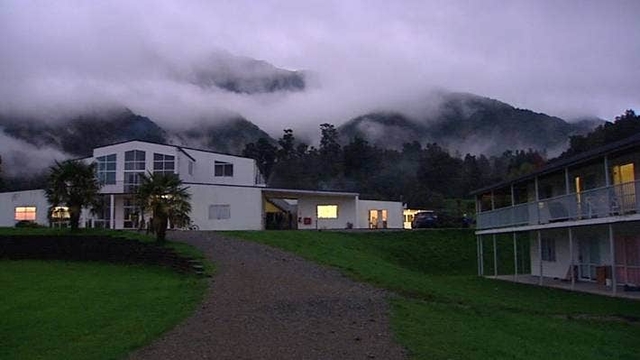The recent controversy surrounding the isolated Christian community of Gloriavale has sparked a number of investigations regarding concerns of exploitation, unsafe working practices and oppression. It includes claims that members are being forced to work up to 20 hours per day for little or no pay.
 It appears that Gloriavale runs a number of commercial enterprises such as dairy and deer farms where members work with a view to making a profit for their community. Members receive some level of reward for their services in the form of accommodation and food.
It appears that Gloriavale runs a number of commercial enterprises such as dairy and deer farms where members work with a view to making a profit for their community. Members receive some level of reward for their services in the form of accommodation and food.
In comparison to employees, volunteers hold a relatively tenuous legal position. Employees enjoy basic employment rights and legislative protection in relation to the work they do, including minimum annual and sick leave entitlements and the ability to pursue personal grievances. Volunteers are not afforded the same statutory entitlements and protections, although they may devote considerable time, effort and skills to the organisations or causes they work for. Volunteers are not an homogenous group. They may, but need not, operate under an agreement, receive some form of payment, and perform services on a regular or ad hoc basis. They may devote years to one cause or engage in one-off acts of kindness.
The law
Under the Employment Relations Act, an employee is any person of any age employed by an employer to do any work for hire or reward under a contract of service but it excludes a volunteer who:
- does not expect to be rewarded for work to be performed as a volunteer; and
- receives no reward for work performed as a volunteer.
In deciding whether a person is an employee the Employment Relations Authority must determine the real nature of the relationship between the parties. The Authority must consider all relevant matters, including any matters that indicate the intention of the persons, but it does not to treat as a determining matter any statement by the persons that describes the nature of their relationship.
Reward
What constitutes a “reward” is not defined in the Act. It is arguable that it includes non-monetary recognition of services provided. This was the approach adopted in The Salad Bowl case where the Court considered that the worker who completed a three hour work trial was not a volunteer because she had expected to be rewarded (by way of monetary payment) for the trial period, and was in fact rewarded by receiving a free salad at the end of the day.
In another case, a worker at a campsite who received free accommodation and access to facilities, and payment of an allowance was also held to be an employee. The employee both expected and had received reward for his services. The Court distinguished the arrangement from a volunteering arrangement that is performed out of a sense of duty to the community or a commitment to a particular cause. The Court listed the features of such volunteering arrangements as including the organisation not being engaged in commerce (at least for a capital gain-making enterprise) and that the enterprise would not be sustainable but for the commitment of such volunteers. The Court noted that there is often no difference in the work undertaken by a volunteer or an employee. The critical difference is the expectation of reward being received.
Conversely, in another case, the worker was considered a volunteer even though he was rewarded. The worker was appointed to the position of Registrar for the NZ Dance and Dancesport Council, a non-profit administrative organisation representing professional and amateur dancers. There was a job description which had reference to an expense allowance being provided as determined by the Council annually. Even though the worker received this allowance, the Court considered that he was a volunteer. Motivation was relevant in that case with the Court finding the volunteer “took on the role because he, like many others, wished to make a positive contribution to the dance community.”
Are Gloriavale workers volunteers
Are Gloriavale workers volunteers as has been claimed? The answer is unclear. Gloriavale does run commercial enterprises and its members receive some level of reward with the provision of food and accommodation. It is unclear if the members expect or receive any reward other than that provided.
If they truly are volunteers, then they are excluded from many of the employment protections we have in New Zealand.

